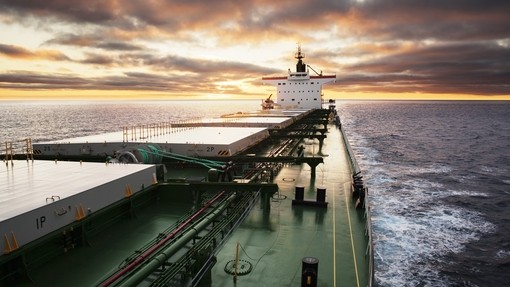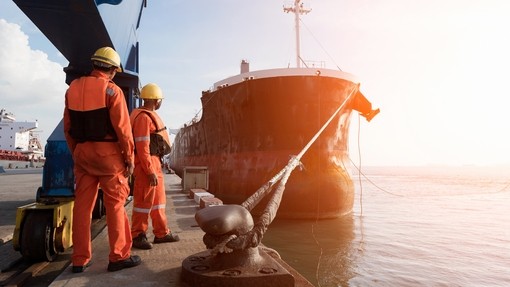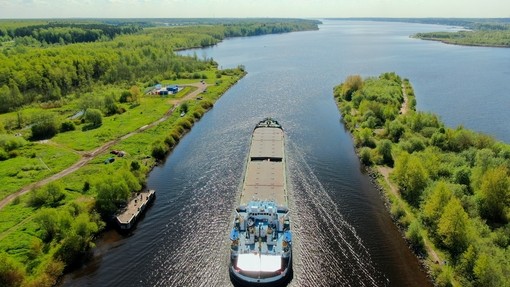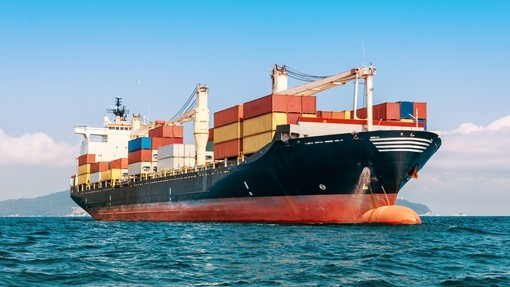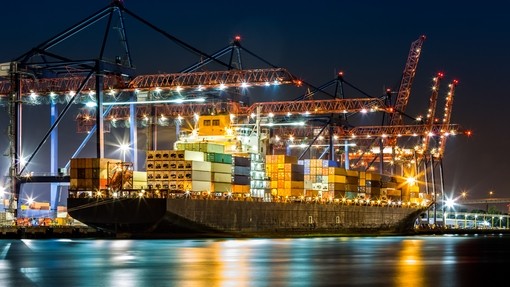Gard Shipping AS- v- Clearlake Shipping Pte Ltd [2017] EWHC 1091 (Comm)
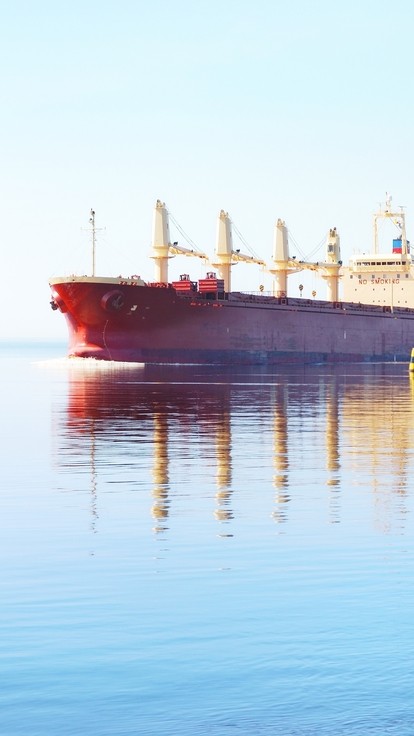
Details
In this decision of the High Court Mr Justice Cooke was asked to determine the appropriate rate of demurrage in circumstances where owners claimed they were entitled to an escalated rate. It was held that the charterparty contained different demurrage regimes for different circumstances and, in the present case, owners were only entitled to the ordinary rate of demurrage set out in the fixture recap as opposed to the escalated rate.
Factual background
By a voyage charterparty dated 9 December 2015 (the charterparty) Gard Shipping AS (the owners) agreed to let a crude oil tanker, the MT “ZALIV BAIKAL” (the vessel) to Clearlake Shipping Pte Ltd (the charterers) for one voyage from one safe port Ust-Luga (with further options as to a second and third load port) to one or two safe port(s) ‘UK cont. North Spain-Hamburg range’. By an addendum dated 22 December 2015 the charterparty was varied to provide for a second voyage in direct continuation from the first, and it was this second voyage which gave rise to the dispute.
No formal charterparty document was ever drawn up but, as is common practice, the charterparty consisted of a fixture recap (the recap) which made a number of amendments to the terms of a previous fixture between owners and charterers for the vessel (the Gard/Clearlake terms) and otherwise incorporated the printed BPVOY4 form with amendments.
The parties were agreed on the facts of the case, namely that the vessel departed from Ust-Luga on 31 December 2015 and, having stopped at various ports en-route in accordance with the terms of the charterparty, arrived at Rotterdam on 26 January 2016 where notice of readiness was tendered at 22:50. For their own commercial purposes, charterers delayed giving discharge instructions until 31 March 2016. Neither party disputed the relevant demurrage period for the waiting time at Rotterdam of 64.708 days. However, owners claimed they were entitled to an escalated rate of demurrage as opposed to the usual rate expressed in the recap, and duly claimed the sum of USD976,731.79.
Relevant terms
The recap contained a standard demurrage rate of USD32,500 PDPR and allowed laytime of 72 hours SHINC.
However, owners claimed they were entitled to an escalated rate on the basis of additional clause 11 (AC 11) of the Gard/Clearlake terms which stated that:
‘Notwithstanding any term of this charter to the contrary, charterers shall have the liberty, at any stage of the voyage, of instructing the vessel to stop and wait for order for max three days at a safe place within the ranges agreed. In particular and without prejudice to the generality of the foregoing, charterers shall be entitled to instruct the vessel not to tender nor on arrival at or off any port or place or to delay arriving at any port of place until charterers give the order to do so. Time to count as laytime or time on demurrage, if vessel is on demurrage. And all the bunkers consumed to be for chtrs account.
After first five days waiting for orders/disch instructions at sea vessel to be considered as being used for storage, and, unless otherwise agreed, following increase of demurrage rate to apply:
- days 6-15 demm rate plus $5,000
- days 16-25 demm rate plus $10,000
- days 26-35 demm rate plus $15,000
Prior to expiration of 35 days period chrts to inform owners if they require more time to use vsl as a storage, and new rates to be mutually agreed latest on 35th day of such waiting. Such a waiting time to be compensated at rates agreed above and payable together with freight against owner’s separate invoice.
Chrs option to order the ship to wait at an offshore position provided they give final destination and expected cargo delivery window, in which case the above increase in rates not to apply in case when final destination a/or cargo delivery window changes, then increase of rates to apply as per this clause’.
Legal issues
The owner’s contention was that AC 11 meant that the charterers were not permitted to instruct the vessel to stop and wait for orders for longer than three days, were not entitled to use the vessel as floating storage, and that the vessel was to be considered as being used for floating storage if stopped for more than five days over the course of the voyage, whether before or after reaching the discharge port or giving notice of readiness.
Mr Justice Cooke disagreed. He first pointed out that the usual storage clause within the charterparty which would have provided a distinct rate for storage as opposed to demurrage, had been deleted and owners could not therefore try and circumvent this and apply escalated rates by relying on an entirely separate demurrage regime.
He then went on to distinguish the specific set of circumstances to which AC 11 applied. In short, the clause was only applicable to situations in which charterers gave a positive order to the vessel to stop and wait for orders. In such circumstances, the escalated rates would apply.
Mr Justice Cooke went on to emphasise the specific wording of the clause, and highlighted the illustrative examples of instructions that charterers were entitled to give. The first of these referred to charterers being entitled to instruct the vessel not to tender notice of readiness on arrival at or off any port or place, and the second to charterers’ ability to delay arriving at any port or place. Both situations pointed towards circumstances in which the vessel had not yet arrived at port.
The judge went on to say that, regardless of what interpretation was applied to AC 11, the fundamental issue was whether or not a relevant order was given. In the present case, no instruction to stop and wait for orders was given and the clause was therefore inapplicable.
Another critical factor to consider was the provision of multiple demurrage regimes within the charterparty. These included, for example, an interim ports clause (which provided for a separate demurrage regime, where charterers ordered the vessel to load/discharge at an additional port) and the orders clause (AC 11, which provided a separate regime in circumstances where the vessel was ordered to stop and wait for orders). In each situation a specific trigger was required in order for that separate regime to apply.
In the present situation, charterers had tendered notice of readiness, triggering the application of the ordinary demurrage regime and owners were therefore only entitled to the rate of US$ 32,500 PDPR as set out in the fixture recap.
Owners also tried to argue that there was an implied term in the second paragraph of AC 11 stating ‘Whenever, after first five days waiting for orders/disch instructions at sea or in port, for reasons beyond charterers’ reasonable control…’. The judge rejected this argument because it was not necessary to imply such term into the contract and because the implication of the term was inconsistent with the properly construed charterparty.
Case comment
This case highlights the importance of clear drafting, particularly in circumstances where parties are relying on a fixture recap and previously drafted terms which may not have been recently reviewed or amended. The judge, Sir Jeremy Cooke, affirmed the established principle that the court will be reluctant to imply meaning where contractual terms can be sufficiently clearly interpreted on their face.
It also illustrates the ability of owners to incorporate a number of different demurrage regimes within a charterparty dependent upon the perceived risk.
This article originally appeared in the June 2017 edition of shipping case digest. Other articles include:
MSC Mediterranean Shipping Company S.A. -v- Glencore International AG [2017] EWCA Civ 365
The Aqasia and The Maersk Tangier: permission to appeal granted in both cases


